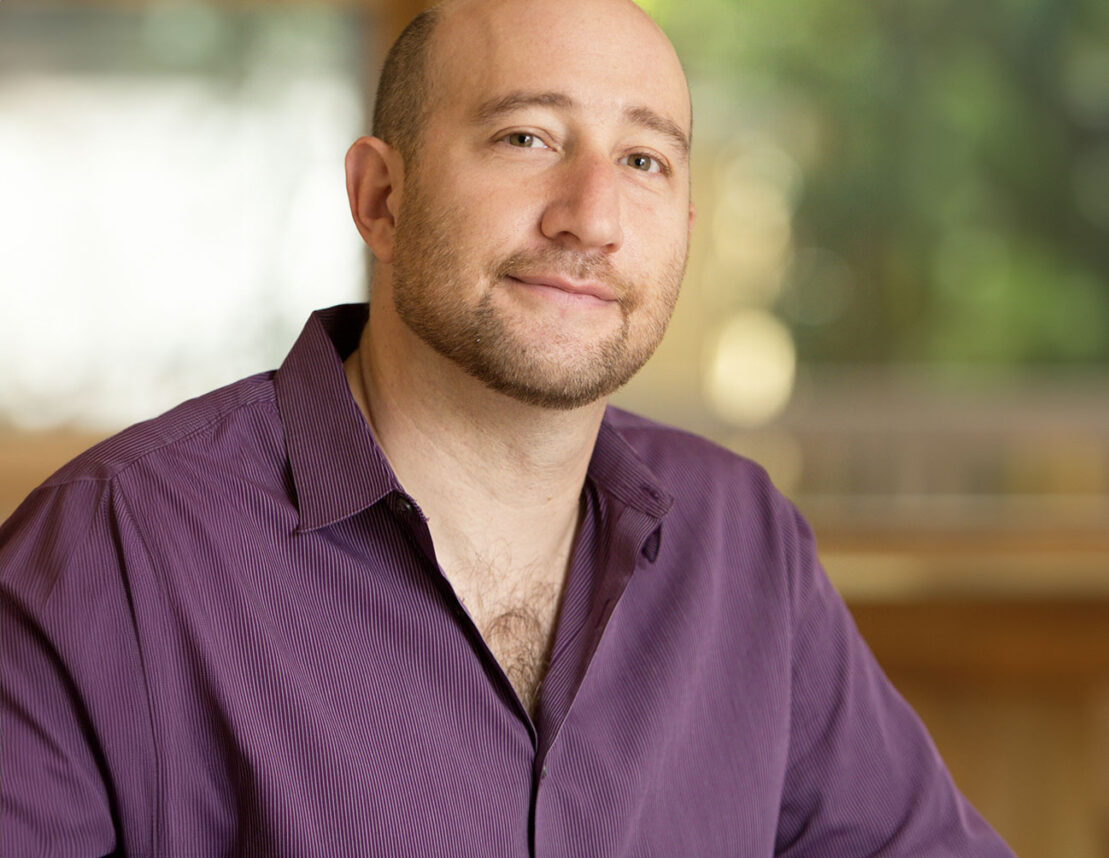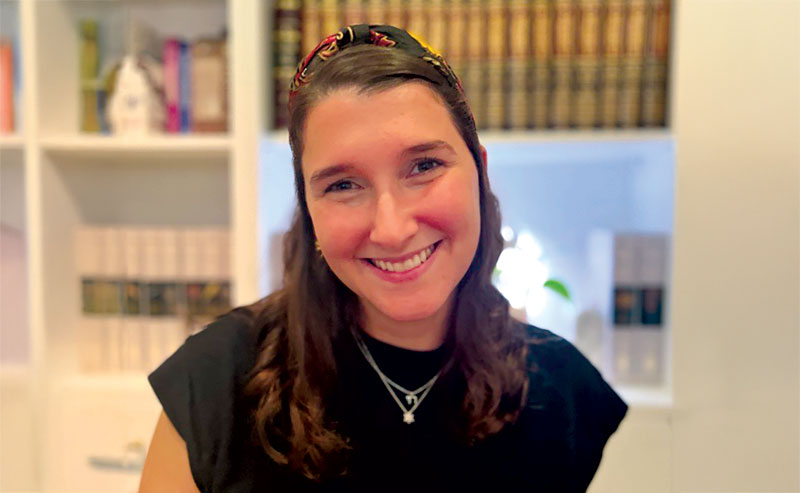People spend more on medical care in the last six months of their lives than they spend the entire rest of their lives — this is just one reason end-of-life care is so divisive, said Rabbi Elliot Dorff, American Jewish University’s rector and its Sol & Anne Dorff Distinguished Service Professor in Philosophy.
Dorff will discusses the economics of such care during “Judaism and Health Care: Beginnings and Endings,” a Shabbaton organized by Temple Emanuel of Beverly Hills, Temple Beth Am, OneLA and Hillside Memorial Park and Mortuary.
The Shabbaton begins March 23 at Temple Emanuel, where Dorff will discuss “Final Blessings: Jewish Perspectives on End of Life Decisions,” and continues at Temple Beth Am on March 24 with a broader discussion about health care.
On Friday, Dorff will explain how the Obama administration’s Patient Protection and Affordable Care Act will help reduce the amount of money that’s spent on end-of-life care — under the new plan, the uninsured will have insurance and can see physicians sooner rather than later. Consequently, diseases will be caught in earlier stages.
“Everybody will have insurance, so people will be able to see doctors at the beginning of their illnesses, and decisions will be made that make a lot of sense,” Dorff said.
The Shabbaton will promote advance directives — legal instructions given by individuals on what kind of medical treatment they want at the end of their lives.
“I think what’s helpful about them is that they are very clear,” said Rabbi Laura Geller of Temple Emanuel. “But the most important thing is that the family understand what they want — stick with your family and [make sure] you really talk about it.”
Families who are struggling with decisions about a loved one’s end-of-life care often turn to their rabbis for guidance. When a patient is terminally ill, questions arise: What should be done when a treatment or surgery might cure a patient but also might hasten her death? If there is no cure for a patient’s illness, should he be put on a feeding tube? Should a patient in cardiac arrest be resuscitated even though it will leave her in a vegetative state?
“What really matters is that people put their wishes in writing, so however they feel about these issues, that is what is carried out at the end,” said Rabbi Susan Leider, associate rabbi at Temple Beth Am.
Saturday’s programming at Temple Beth Am includes broader conversations about health care, including Dorff’s “In the Beginning: Jewish Perspectives on Beginning of Life Decisions” and a discussion on “Judaism and Wellness: Building Community” by Michelle Prince, director of the Kalsman Institute on Judaism and Health at Hebrew Union College-Jewish Institute of Religion.
Because of the difficulty of these topics, the synagogue is the perfect place to talk about them, Geller said. “There’s no better place for this conversation than within a synagogue.”






















 More news and opinions than at a Shabbat dinner, right in your inbox.
More news and opinions than at a Shabbat dinner, right in your inbox.